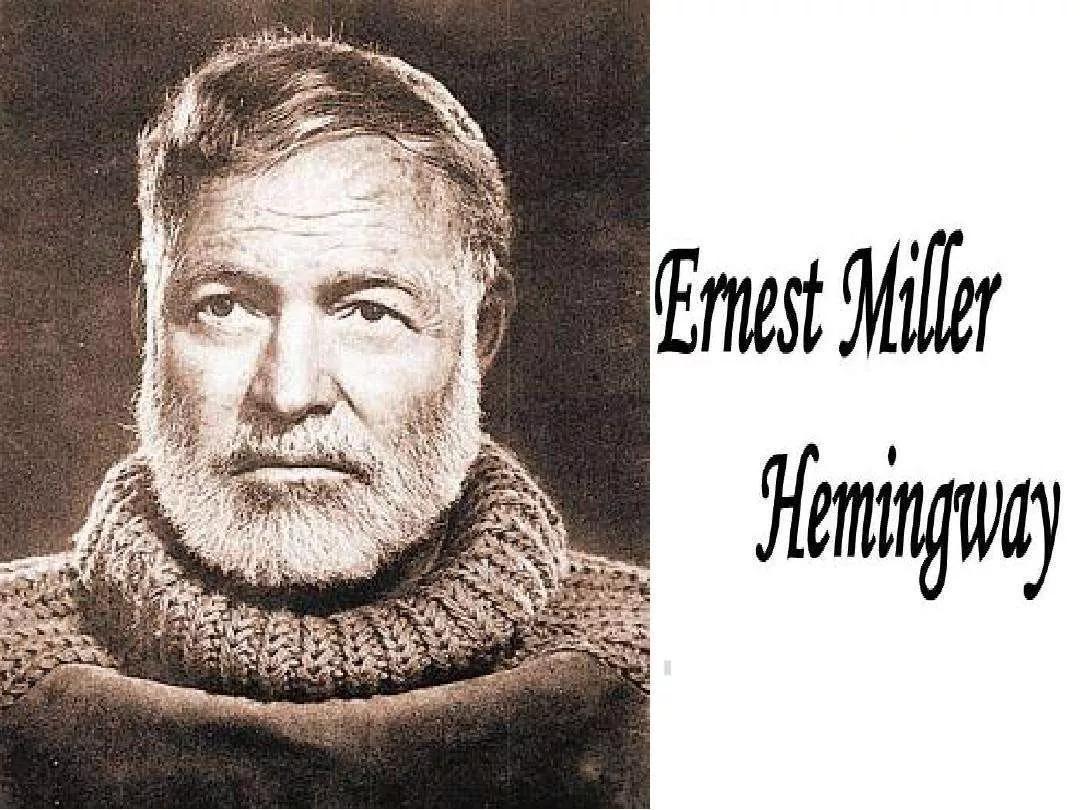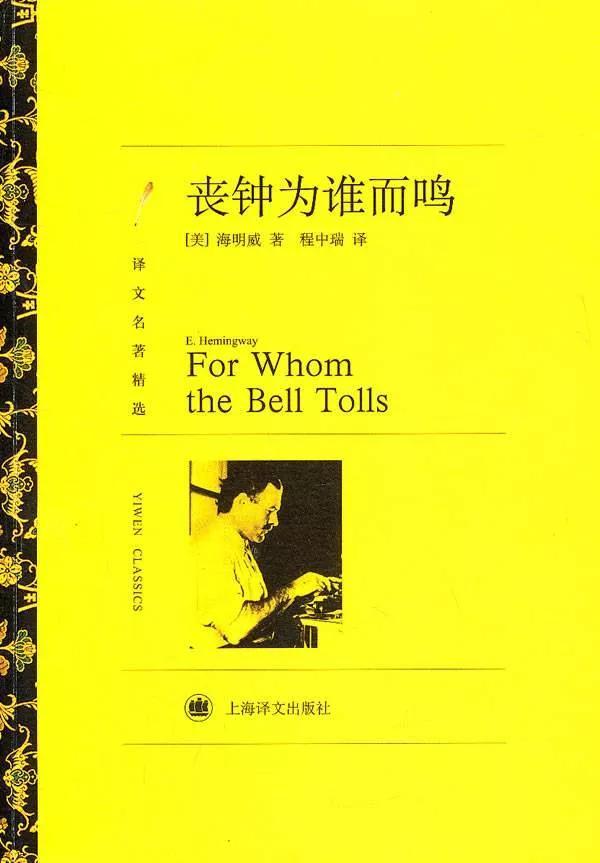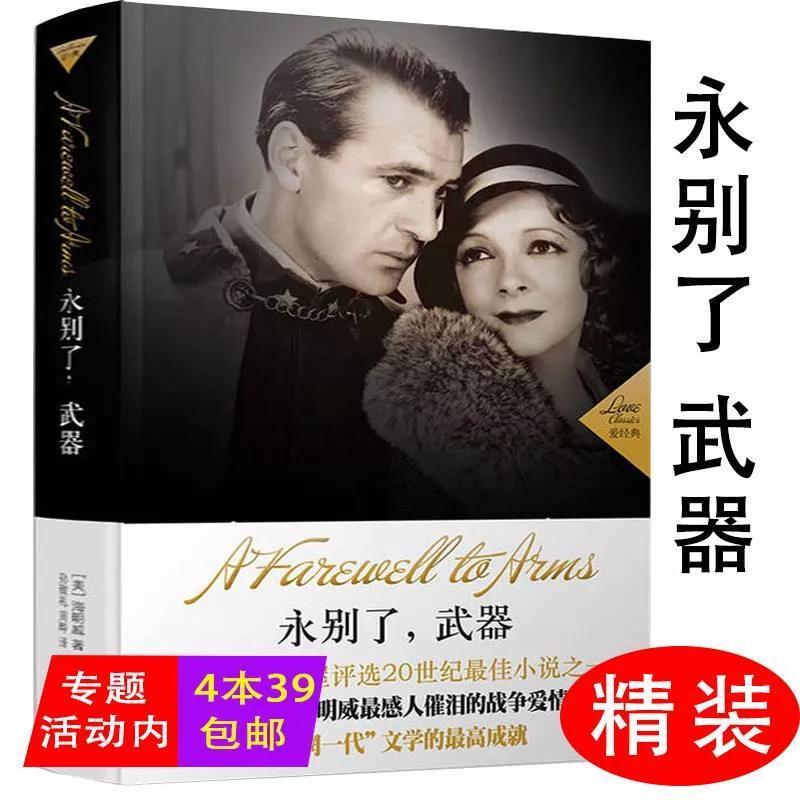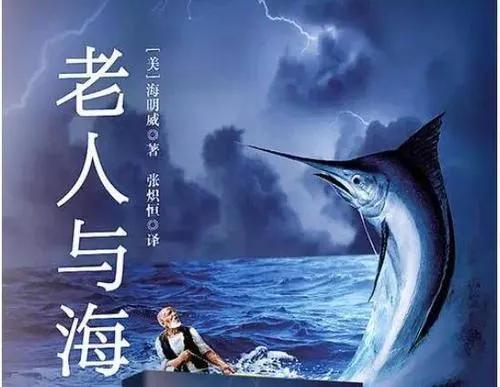Hemingway and his literary works




歐內斯特·米勒·海明威(1899-1961)出生於伊利諾伊州,上學期間經常到密西根州北部進行狩獵和捕魚探險,這有助於奠定他後來的原始主義態度。在擔任堪薩斯城報社記者後,他加入了法國的志願救護隊,然後被調到意大利步兵隊,直到第一次世界大戰結束,之後他為《多倫多之星》報道近東的戰況,並作為旅外團隊的一員定居巴黎。 1921-26年,他對巴黎的回憶在死後發表在《流動的盛宴》(1964)一書中。受埃茲拉·龐德(Ezra Pound),尤其是受格特魯德·斯坦因(Gertrude Stein)的風格的影響,他出版了《三個故事和十首詩》(巴黎,1923)和《在我們的時代裡》(美國,1925)。這些早期故事已經展現了使其後來成名的思想態度和技巧。作為「迷茫的一代」的主要代言人,他表達了人們飽受戰爭創傷的感受。他們因失去信仰和希望而幻滅,並因前價值觀的崩潰而徹底失敗。故事主要講述的是「堅強」的人,要么是陷入極度憤世嫉俗的聰明男女,要么是拓荒者、印第安人和職業運動員等原始人,他們的基本勇氣和誠實與文明社會的野蠻形成了鮮明對比。海明威回到紐約後,寫了一部諷刺性較小的小說《春潮》(1926年),他將短篇小說的風格和態度融入小說《太陽照常升起》(1926),該小說講述了一群被戰爭擊垮的美國和英國僑民的道德崩潰,他們透過一切可能的暴力手段逃離戰場。小說《永別了,武器》(1929)再次成功地塑造了一個時代的思想,這是一個關於一名英國護士和一名美國救護車中尉在戰爭期間的辛酸愛情故事。除了更傑出的短篇小說集《沒有女人的男人》(1927年)和《勝者一無所獲》(1933年),他在接下來的幾年裡只寫了兩本較小的書,儘管他的作品繼續對這時期的文學產生巨大影響。 《午後之死》(1932年)是一本關於鬥牛的書,《非洲青山》(1935年)是關於大型狩獵的記述,儘管文學性不高,但與欺騙了他那一代人的空洞文化相比,這兩本書進一步彰顯了對原始和野蠻的刻畫。在《有錢人與沒錢人》(1937)中,海明威第一次表現出對透過集體行動解決社會問題的興趣。這種態度在西班牙關於內戰的報紙文章中繼續存在,他的現實劇《第五縱隊》(the Fifth Column)以間諜活動為主題,由本傑明·格雷澤(Benjamin Glazer)改編為舞台劇(1940年),並在《第五縱隊與49個故事》(1938年)中發表,其中出現了他最優秀的兩篇小說《弗朗西斯·麥康伯的短暫幸福生活》(the Short Happy Life of Francis Macomber)和《乞力馬扎羅的雪》(The Snows
哦發Kilimanjaro)。
《喪鐘為誰而鳴》(1940)是他最長的小說,講述了西班牙內戰中的一個事件,其主題具有普遍性,即在一個地方失去自由意味著處處都失去自由。他編輯了一本選集《戰爭中的男人》(1912年),但直到《過河入林》的出版(1950年)才有新小說問世。普遍認為,此時的海明威已經極像故事中的主人公,一位年邁的上校一樣變得痛苦和失敗。在辛辣的中篇小說《老人與海》(The old Man and Sea,1952)中,他再次贏得了評論界的喝彩,並獲得諾貝爾獎(1954年)。在他最後的幾年裡,他什麼也沒發表,在病重相當長一段時間後,死於自殘槍傷。
Hemingway and his literary works
Ernest Miller Hemingway(1899-1961), born in Illinois, while attending school made frequent hunting and fishing expeditions in northern Michigan, which helped condition his later primitivistic attitude. After working as aidron sunyh almer aha abeol abebe 它們相 電影 舞y團 團相 電影 舞相 藝術C團 相團團, sh unyh ☺k 生產 寬幅. France,then transferred to the Italian infantry until the close of the First World War,after which he reported battles in the Near East for the Toronto Star, and settled in Paris as a member of the expatriate group. His memories of Paris,1921- 26, were posthumously published in A Moveable Feast (1964). Influenced by Ezra Pound and particularly by Gertrude Stein, whose style strongly affected him, he published Three Stories
and Ten Poems (Paris, 1923)and In Our Time( U.S, 1925). These early stories already exhibited the attitude of mind and technique for which he later became famous. As the leading spokeration for the 'lost genemoed the feelings of a war-wounded people,disillusioned by the loss of faith and hope, and so thoroughly defeated by the collapse of former values . The stories are mainly concerned with ‘tough’ peoplean either intelligent men and womenly concerned with ‘tough’ peoplean either intelligent men and women who have driced frontiersmen, Indians,and professional athletes, whose essential courage and honesty are implicitly contrasted with the brutality of civilized society. After Hemingway returned to New York and wrote the lesser satirical novelty. After Hemingway returned to New York and wrote the lesser satirical novel, The styleirical 192 style wrote of his short stories into the novel, The Sun Also Rises (1926), which tells of the moral collapse of a group of expatriated Americans and Englishmen, broken by the war,who turn toward escape fough all possible violent diversions。 the mind of an era was again achieved in A Farewell to Arms (1929), the poignant love story of an English nurse and an American ambulance lieutenant during the war. Besides further distinguished collections of short stories, Men Without Women ( 1927) and Winguished collections of short stories, Men Without Women ( 1927) 和 Winner Take 333), wrote only two lesser books during the next few years, although his work continued to exercise a great influence on the literature of the period. Death in the Afternoon (1932), a book on bull-fighting,and Green Hills of Africa(1935),an account of big -game hunting with digressions on literary matters,show a further cultivation of the primitive and brutal levels,contrasted with the hollow culture that had cheated his generation. In To Have and Have Not (1937),Hemingway for the first time showed an interest in a possible solution of collcials. attitude continued in newspaper articles from Spain about its civil war, whose espionage was the subject of his realistic play, The Fifth Column, adapted for the stage(1940) by Benjamin Glazer, and printed in The Fifth Column and the Storyth Column and the 1938 年, in which appeared two of his finest stories, ‘The Short Happy Life of Francis Macomber’ and ‘The Snows
of Kilimanjaro' . For Whom the Bell Tolls (1940), his longest novel,on an incident in the Spanish Civil War, has universality in its thesis that the loss of liberty in one place means a loss everywhere. Heedited liberty in one place means a loss everywhere. Heedited an anth at War (1912), but issued no new novel until Across the River and into the Trees (1950) which was considered to show that Hemingway had become bitter and defeatist like his tale's protagonist, an aging colonel. With The old Man and the Sea(1952), a parable of man a astn in man a. а poignant novelette, he recaptured his critical acclaim,
recognized in a Nobel Prize (1954). In his last years he published nothing, and he had been seriously ill for some time before his death from a self-inflicted gun wound.
